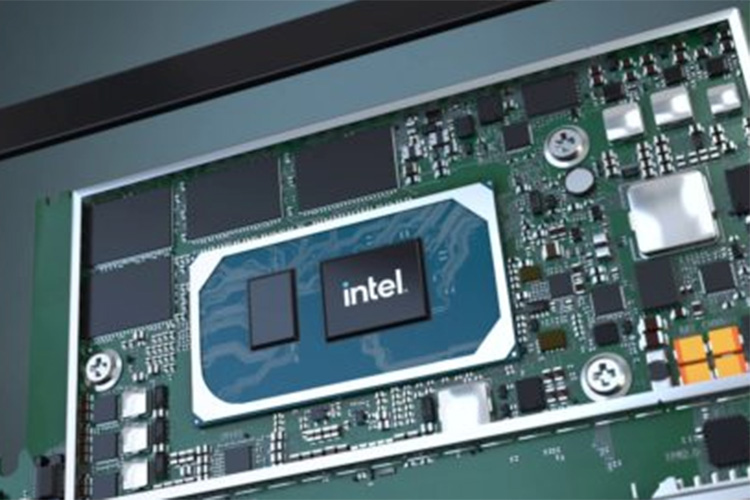
Although Apple and Google introduced their in-house chipsets for their latest MacBook and Pixel devices, there is no denying the fact that the world is currently experiencing a global shortage of silicon chips. Earlier this year, we saw various chipmakers suggest that the shortage could continue till 2023. Now, the Intel CEO has confirmed that the global chip supply shortage could extend to at least 2023.
Chip Shortage to Last Until 2023: Intel CEO
During a recent interview with CNBC, Intel CEO Pat Gelsinger discussed the repercussions that the company faced due to the ongoing chip shortage. Gelsinger revealed that the global shortage has affected its PC chip business in the third quarter of 2021. He also revealed that the company saw an 8% decrease in its stock value during the said quarter.
“We’re in the worst of it now, every quarter next year we’ll get incrementally better, but they’re not going to have supply-demand balance until 2023,” said Gelsinger during the interview.
Now, Intel is not the only company that has been affected by the chip shortage. Samsung, earlier this year, confirmed to skip Galaxy Note and S21 FE devices in 2021, primarily due to the chip shortage. Furthermore, as per a recent report, Apple is now also looking to cut the production target of the iPhone 13 devices due to chip supply issues.
However, in Intel’s case, it was not all bad during the past months. The CEO stated that despite the low supply of chips, Intel was able to garner a 5% YoY increase in its revenue, thanks to strong demand in its DCG and IoTG wings. Moreover, the company generated $9.9 billion from cash operations and paid dividends of $1.4 billion.
“Q3 revenue was $18.1 billion slightly below our guide due to shipping and supply constraints that impacted our businesses,” said the Chief Financial Officer at Intel, George S. Davis, in a statement.
Moreover, as per the CEO, the demand for consumer-focused high-end notebooks and commercial desktops remained steady over the course of the period. However, Gelsinger stated that the digitization of everything, thanks to the four primary technologies such as AI, cloud-to-edge infrastructure, strong connectivity, and open-source computing, will continue to push the demand for silicon chips in the industry.